 Pregnancy can cause a lot of changes in a woman’s life not only physically but also emotionally, mentally in the form of mood swings, bleeding per vagina, abdominal cramps, breast soreness and so on. Cesarean section is a surgery which is done to deliver the baby. (1)
Pregnancy can cause a lot of changes in a woman’s life not only physically but also emotionally, mentally in the form of mood swings, bleeding per vagina, abdominal cramps, breast soreness and so on. Cesarean section is a surgery which is done to deliver the baby. (1)
In this article we will be discussing in detail about elective cesarean delivery , its pros and cons , what are the risk factors of it and so on.
What Is A Planned Or Elective Cesarean?
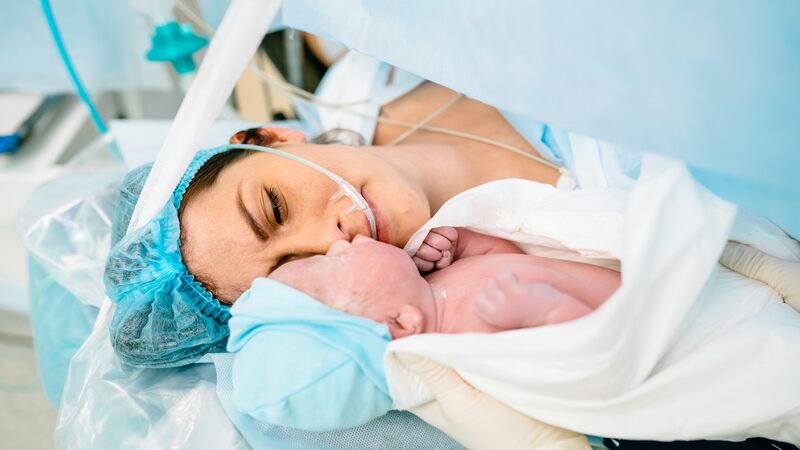
C section is an operative procedure where by opening the abdomen and the uterus to deliver the baby. Planned c section is when the c section is planned beforehand and a date is given to the couple when to get admitted to the hospital for delivery. (2)
Why Have A Planned Cesarean?
There can be several reasons which makes the obstetrician decide to plan for an elective C section. The elective c section is planned to foresee the safety of both the mother and the child. The conditions that need elective c section are as follows : (3)
Previous c section- there is a possibility of trial of vaginal delivery after 1 c section. But if there are any complications regarding the baby and the mother, c section is preferred. C section is to be done post 2 or 3 c section.
- Baby is in breech position where vaginal delivery becomes dangerous for the baby
- If the placenta is covering the internal os, where vaginal delivery is harmful for both mother and the child
- The baby is in transverse position
- Twin pregnancy where the 1st twin is in breech position
- Precious pregnancy done by IVF
- Three or more pregnancies.
How To Prepare Yourself For A Elective Cesarean?
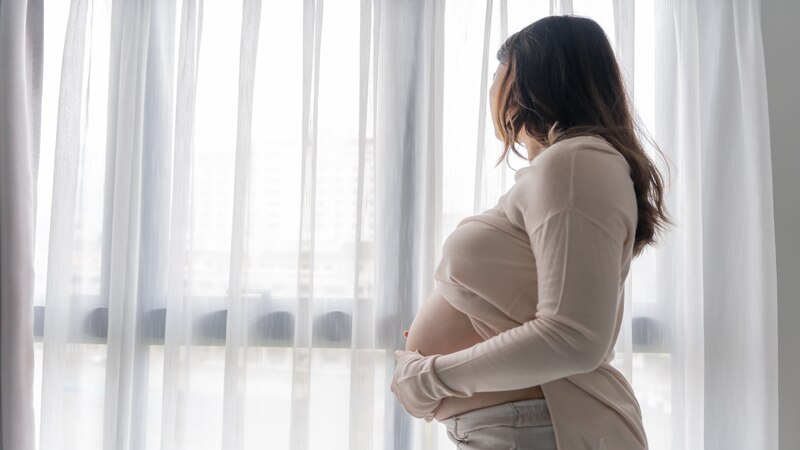
As already discussed above that c section is an operative procedure which is done to deliver the baby from the womb. Since elective c section has some time to prepare the patient and do the needed tests before the surgery.
They are as follows: (4)
- To check general health of the patient which can help the surgeon and the anesthetic to perform uneventful surgery. The tests include complete blood count, viral serology, chest x ray, ECG.
- Any bleeding abnormalities whether she bruises easily.
- Any allergies to the medication does the mother have.
- Any risk factors or complications.
- Any medical condition that the patient might have which effects the surgery.
- The patient will need to fat with no intake of even water for at least 6 hours.
- The patient might need emotional and physical support from the family and the partner before the surgery.
Pros Of Elective Cesarean
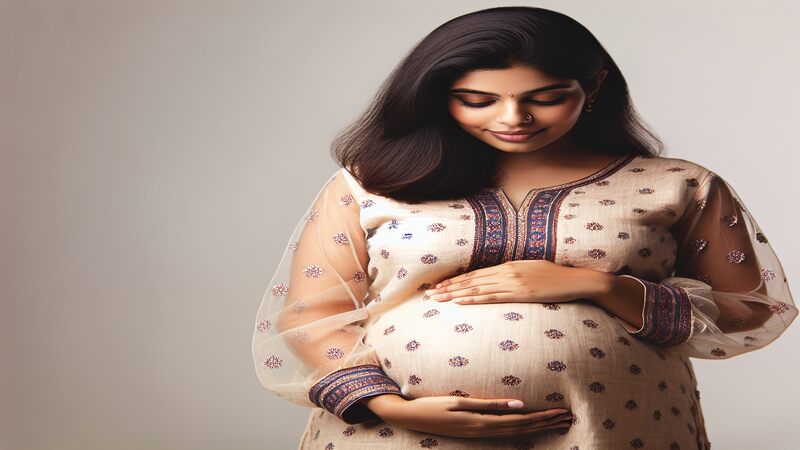
Elective c section has more benefits than that of the emergency c section. It is preferred any day over emergency c section since it reduces a lot of complications. Elective c section reduce the following: (5)
- Pain during vaginal birth
- Loss of bladder control
- No injury to the vagina
- No injury to the anal region
- Less chance of vaginal prolapse
- Less risk of pain during intercourse.
Cons Of Elective Cesarean
There are cons in any operative procedure which can affect both mother and the child. These include surgical injury to the baby, breathing problems. For the mother there can be anesthetic complications, blood clot, bleeding, infection, need for blood transfusion. All these complications are described in detail in the next heading.(6)
Are There Any Risks Of Elective Cesarean?
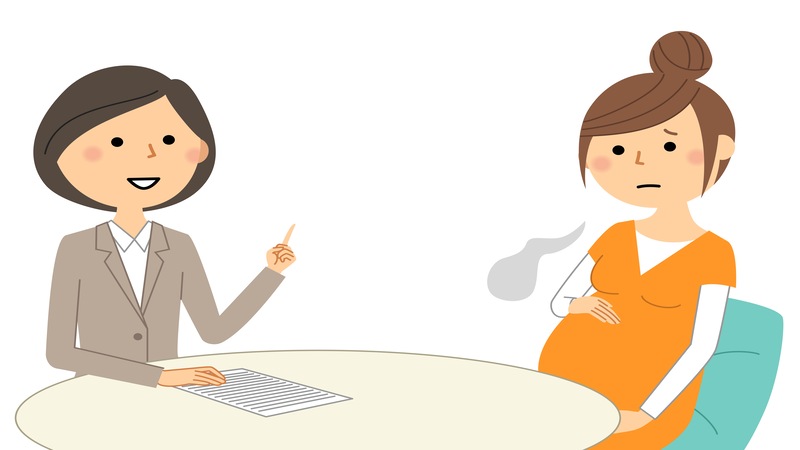
Any operative procedure comes with its own sets of risks which can affect both the mother and child. But if the c section is done in a good health care facility under an experienced doctor the risks and the complication rate comes down significantly. The risks can be avoided if given proper concentration. The list are as follows: (7)
Risk to the baby
- Surgical injury- there can be accidental nick to the head or to any body part of the baby
- Breathing problems- c section babies are more likely to develop breathing issues
- Less immunity
Risk to the mother
- Infection is one of the major risks. C section increases the risk of urinary tract infection, surgical site infection,
- There might be lot of blood loss which in turn might need blood transfusion.
- There can be reaction to the anesthesia.
- Surgical injury to the bowel and bladder.
- Blood clot might be present which can be dislodged and can cause pulmonary embolism.
- Risk of surgical intervention in future pregnancy.
- Deep vein thrombosis.
What Happens Before The Elective Cesarean?
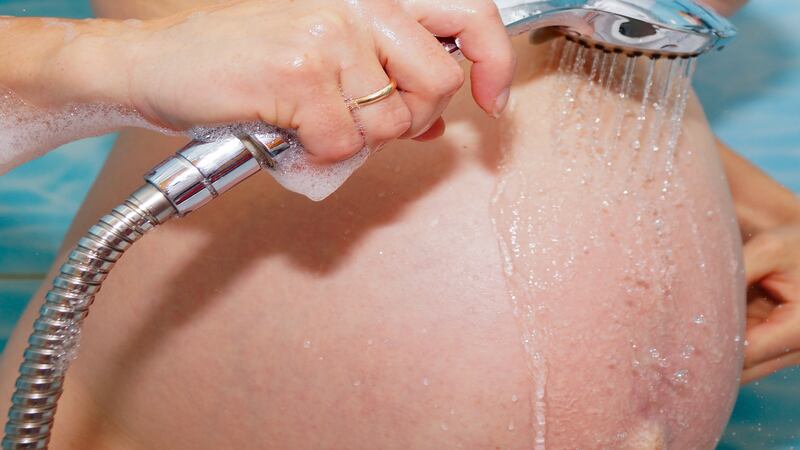
Proper advice to be given before the woman is posted for a C-section. All the advice given by the healthcare professional should be followed so that no complication comes during the procedure.
a) At home
The health care professionals might ask the women to take a proper bath with soap so that all the dirt washes off and it decreases the risk of infection. The pubic hair should be trimmed prior to the c section and not shaved. If shaved within 24 hours of the operation it might increase the risk of surgical site infection.
b) At hospital
the patient is placed in the supine position and the abdomen is cleaned with savlon. A 14F foleys catheter is placed in the urethra and an intravenous line is to be secured in the arm so that fluids or if needed blood products can be give.
c) Anesthesia
Generally spinal anesthesia is given in c section but the mother doesn’t want to stay awake during the procedure then general anesthesia can also be given.
What Happens After The C Section?
The patient to be kept nil by mouth post c section for about 4 to 6 hours. As soon as the anesthesia wears off the patient can move their legs in the bed only and by the next day the patient should be walking around so that there is a decrease in rate of deep vein thrombosis.
Breastfeeding can be started as soon as the delivery, in the operation theater with the help of nursing staff. Or even breastfeeding to be started as soon as the mother is ready. The mother will start with sips of water followed by liquid diet and then followed by normal diet if there is no vomiting. The patient generally gets discharged within 2 to 3 days of the c section.(9)
Where Is The Baby After It Is Born?
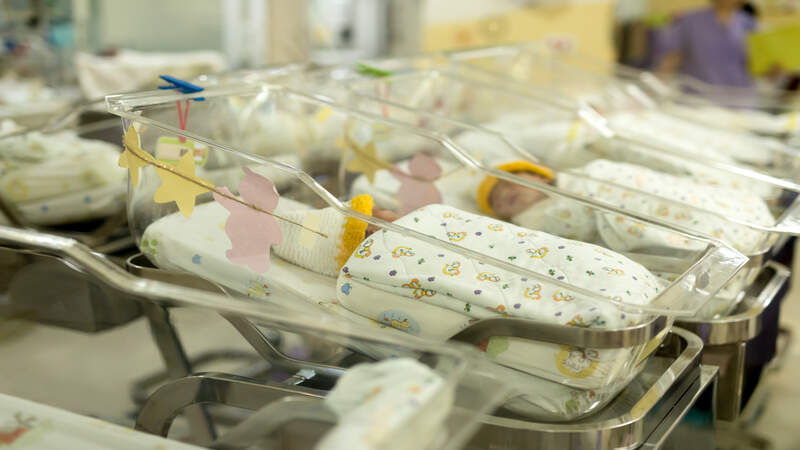
As soon as the baby is born the baby is handed over to the pediatrician so that the baby can be examined properly and if any supportive treatment needed can be given immediately. If the baby is fine the baby can start breastfeeding in the delivery room with the help of nursing staff. But generally, the baby is given to the mother for breastfeeding after the mother is shifted to the recovery room after anesthesia wears off. Generally, the baby crib room will be just next to the delivery room where the baby is kept warm.(10)
Can My Husband Accompany Me In The Operation Theatre?
During the elective c section if the husband requests to the obstetrician to be in the operation theater then it can be allowed. All these depend on the rapport of the couple with the doctor. If the delivery is high risk and might need fast delivery with a lot of blood and blood products, the doctor tends to avoid any family members in the operation theater due to trauma to the family members.
But in case of emergency c-section, there is less or no chance of a husband in the operation theater. During emergency c section there might be a lot of maneuvers which need to be done, patients might be in a lot of pain due to the trail of vaginal delivery and also there might be a lot of blood loss.
Why Is The Elective Cesarean On The Rise?

There is an increase in the prevalence of elective c-sections all around the world over the years. This can be due to more modernization, and the patient doesn’t want to go through the pain during labor, it takes a lot of time for the trial of vaginal delivery. Again there is an increased incidence of pregnancy where the woman gets pregnant through IVF which in turn makes the parents not to take any risk during childbirth. The conditions are as follows:(11)
- Risk for both mother and the baby decrease
- Social and cultural changes which makes the society more accepting towards c section
- The fetal monitoring rate has been increased which in turn picks up more fetal distress which in turn increases c section rate
- Non-reassuring NST
- Pre-eclampsia
- Covid 19 infection
- Fetomaternal condition
- Non progression of labor
- Obstructed labor
- Multiple gestation
- Maternal obesity
- Macrosomia
- Gestational diabetes mellitus
- Maternal request
There can be a lot of struggle post c section which can be overcome by the support of family, partner, and friends. If any difficulty the women should consult health care professionals for the proper support and treatment for the same.(12) Support is needed to take care of the newborn and also the new mother so that she gets used to the new change in life.
FAQ’s
1. What Is Elective Cesarean Delivery?
Elective c section is the planned operative procedure which is done by opening the abdomen and the uterus for delivering the baby after 37 completed weeks of gestation.
2. Is Elective C-Section A Good Idea?
Rather than going for an emergency c section it is found to be better to plan the c section so that both the doctor and the mother is mentally prepared for the c section.
3. What Is The Best Date For Elective Cesarean Delivery?
Any date after 37 completed weeks of gestation of pregnancy the couple with discussion with the doctor can decide the date for delivery.
4. What Week Is Best For Elective C-Section?
For elective c section between 38 to 40 weeks of gestation is believed to be the best time. But it differs in multiple gestation , it is less than 38 weeks.
Reference
- Chris McCourt BA, PhD, 1 Jane Weaver RM, PhD, 1 Helen Statham BSc, 2 Sarah Beake RM, MA, 1 Jenny Gamble PhD, 3 Debra K. Creedy PhD 3 – https://onlinelibrary.wiley.com/doi/full/10.1111/j.1523-536X.2006.00147.x#
- Mylonas I, Friese K. Indications for and Risks of Elective Cesarean Section. Dtsch Arztebl Int. 2015 Jul 20;112(29-30):489-95. – https://www.ncbi.nlm.nih.gov/pmc/articles/PMC4555060/#
- Dr. Mary E. Hannah, Director, University of Toronto Maternal Infant and Reproductive Health Research Unit, Centre for Research in Women’s Health – https://www.cmaj.ca/content/170/5/813.short#
- Mary E. Hannah, CMAJ March 02, 2004 170 (5) 813-814 – https://www.cochranelibrary.com/cdsr/doi/10.1002/14651858.CD007462.pub4/full#
- Sangeeta G. Prasad and Preeti Malhotra, International Journal of Reproduction, Contraception, Obstetrics and Gynecology(Vol. 9, Issue 4) – https://go.gale.com/ps/i.doid=GALE%7CA624028005&sid=googleScholar&v=2.1&it=r&linkaccess=abs&issn=23201770&p=AONE&sw=w&userGroupName=anon%7E6c3b7d&aty=open-web-entry#
- R. J. LILFORD, H. A. VAN COEVERDEN DE GROOT, P. J. MOORE, P. BINGHAM – https://obgyn.onlinelibrary.wiley.com/doi/abs/10.1111/j.1471-0528.1990.tb02442.x#
- Annes Ahmeidat, Wiktoria Julia Kotts, Jeremy Wong, David J. McLernon, Mairead Black, Predictive models of individual risk of elective caesarean section complications: a systematic review, European Journal of Obstetrics & Gynecology and Reproductive Biology, Volume 262, 2021, Pages 248-255, ISSN 0301-2115 – https://www.sciencedirect.com/science/article/abs/pii/S0301211521002268#
- Anne Kirkeby Hansen, research fellow, Kirsten Wisborg, staff specialist ,Niels Uldbjerg, professor,Tine Brink Henriksen, associate professor, Perinatal Epidemiology Research Unit, Aarhus University Hospital, Brendstrupgaardsvej – https://www.bmj.com/content/336/7635/85.short#
- Kirkeby Hansen, A., Wisborg, K., Uldbjerg, N., & Brink Henriksen, T. (2007). Elective caesarean section and respiratory morbidity in the term and near-term neonate. Acta Obstetricia et Gynecologica Scandinavica, 86(4), 389–394 – https://www.tandfonline.com/doi/abs/10.1080/00016340601159256#
- Anemone van den Berg, Ruurd M van Elburg, Herman P van Geijn, Willem P.F Fetter, Neonatal respiratory morbidity following elective caesarean section in term infants: A 5-year retrospective study and a review of the literature, European Journal of Obstetrics & Gynecology and Reproductive Biology, Volume 98, Issue 1, 2001, Pages 9-13, ISSN 0301-2115 – https://www.sciencedirect.com/science/article/abs/pii/S0301211501002925#
- Jenabi, E., Khazaei, S., Bashirian, S., Aghababaei, S., & Matinnia, N. (2019). Reasons for elective cesarean section on maternal request: a systematic review. The Journal of Maternal-Fetal & Neonatal Medicine, 33(22), 3867–3872 – https://www.tandfonline.com/doi/abs/10.1080/14767058.2019.1587407#
- Susan R. Miesnik, Barbara J. Reale, A Review of Issues Surrounding Medically Elective Cesarean Delivery,
Journal of Obstetric, Gynecologic & Neonatal Nursing, Volume 36, Issue 6, 2007, Pages 605-615, ISSN 0884-2175 – https://www.sciencedirect.com/science/article/abs/pii/S0884217515337084#
